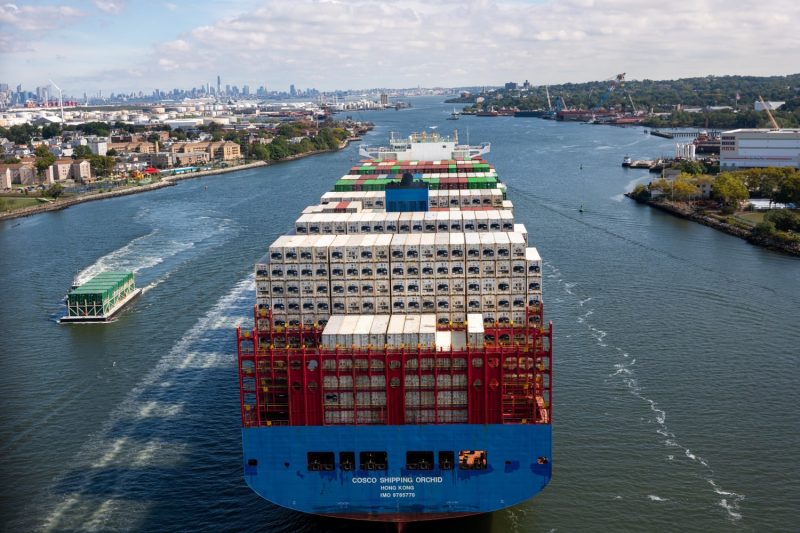In a surprising turn of events, the East and Gulf Coast ports in the United States have been brought to a standstill as thousands of workers have gone on strike. This unexpected move has sent shockwaves through the shipping industry and raised concerns about the impact on the global supply chain.
The strike, which began unexpectedly yesterday morning, has caused chaos at major ports such as New York, Miami, and Charleston. Ships carrying essential goods and supplies have been left stranded at sea, unable to unload their cargo as workers refuse to resume operations until their demands are met.
What are the demands of the striking workers? Reports suggest that they are asking for better working conditions, including improved safety measures and fair wages. The workers are also calling for more comprehensive healthcare benefits and job security in the face of automation that threatens their livelihoods.
The timing of the strike could not be worse, as the holiday season is fast approaching and many retailers are relying on timely deliveries to stock their shelves. The disruption to the supply chain could lead to shortages of goods, delays in deliveries, and increased prices for consumers.
The impact of the strike extends beyond the shores of the United States. International trade routes are being disrupted, affecting businesses and consumers worldwide. Manufacturers reliant on imported raw materials are facing production delays, while retailers are scrambling to find alternative sources of goods to meet consumer demand.
The strike has also reignited the debate around labor rights and the power dynamics between workers and corporations. While the workers are fighting for their rights and fair treatment, the port authorities and shipping companies are under pressure to resolve the situation swiftly to minimize the economic fallout.
As negotiations between the unions, port authorities, and shipping companies continue, the future remains uncertain. The disruption caused by the strike serves as a stark reminder of the importance of a harmonious and fair labor environment to ensure the smooth functioning of the global economy.
In conclusion, the East and Gulf Coast ports strike has exposed the vulnerabilities in the global supply chain and highlighted the need for better labor practices to avoid such disruptions in the future. The resolution of this crisis will require cooperation and compromise from all parties involved to reach a fair and sustainable agreement that benefits both workers and businesses.

